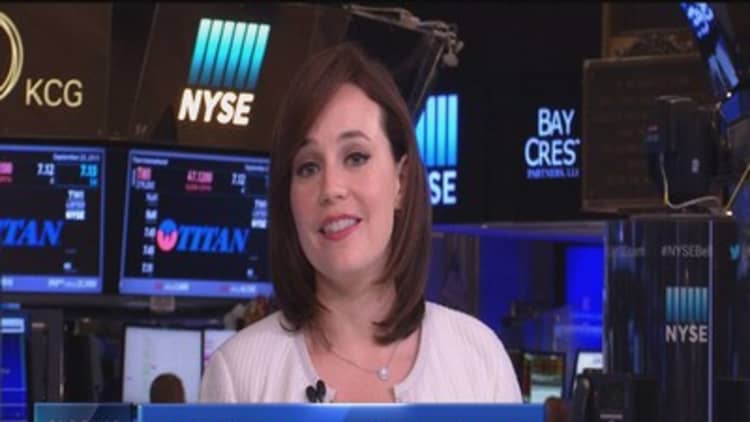Latin American drug syndicates are sweeping into Asia, spurred by growing wealth, regional trade pacts that ease smuggling and some of the highest margins on offer.
Growth in the drugs trade, a significant part of an illicit economy worth more than $100 billion a year in east Asia alone, has led to a rapid rise in seizures: 254 million methamphetamine pills, for example, were intercepted in east and Southeast Asia in 2013 — a more than eightfold increase in just five years.
Officials warn that Asian law enforcement authorities are ill-equipped to cope with the rapid rise of drugs being smuggled across increasingly porous borders.
"Police and customs officials in Asia don't often have connections in the Americas and have little knowledge of what may be coming their way," said Jeremy Douglas, regional representative for the UN Office on Drugs and Crime. "They don't operate internationally. They're about to have to."
For those who are caught, the risks outweigh the rewards, with the death penalty operating for drugs offences in several Asian jurisdictions.
The Philippines, which has debated introducing the death sentence for drug offences, is the test bed for a pioneering case next month, when Mexican national Horatio Hernandez Herrera appears in court accused of being a high-ranking member of the notorious Sinaloa drugs cartel.

At a regional meeting in Bangkok last month, representatives of the Association of Southeast Asian Nations raised red flags, saying that despite the potential for economic growth and trade, the region's rapidly increasing connectivity could leave borders vulnerable to transnational trafficking and smuggling.
"Strengthening skills, capacity and cross-border co-operation among border and port security agencies is therefore essential to counter rapidly evolving transnational crime challenges," said Jakkrit Srivali, a top official with Thailand's foreign affairs ministry.
More from the Financial Times:
Mexican drug lord breaks out of jail again
A deadly new enemy in Mexico's drugs war
Ulbricht found guilty over Silk Road drugs site
Growing wealth in Asia has translated into heightened demand for cocaine, with emerging pockets of consumption, trafficking and trade, according to a report last year from the UN office.
Mexico's infamous Sinaloa cartel, whose head Joaquín "El Chapo" Guzmán staged a sensational jailbreak last month, has been pinpointed as a key supplier by authorities across Asia-Pacific.
The Jalisco New Generation cartel, an aggressive newcomer to Mexico's drug wars that achieved notoriety in recent months after shooting down a military helicopter, is also targeting markets in Hong Kong and Japan, according to Canacintra, a Mexican business chamber.
"The severe penalties, such as life imprisonment or even the death penalty, for traffickers caught in Asia are reflected in the exorbitant price of the drugs there," organisation president Rodrigo Alpízar Vallejo told media in Mexico.
Asia-Pacific economies offer much higher profit margins than the cartel's traditional markets. In Hong Kong, a kilogramme of cocaine can sell for up to three times the price it would in the US. In Australia, it can be as much as six times, according to police and experts.
Read MoreCanada pharmacy charged in $78M drug export scheme
Meanwhile, according to financial crime investigators, the cartels will be closely studying regional trade deals, such as the landmark Trans-Pacific Partnership, for clues about the liberalisation of certain routes or the reduction of tariffs on certain goods, which could be used to hide contraband and assist in the trade-based repatriation of smuggling profits.
"Anything that is going to increase the volume of trade, the efficacy of trade, is also going to increase the opportunity and bandwidth of criminals to move their products and launder funds," said Bill Majcher, who worked with American and Canadian federal police.
"Over the past few decades I have seen a dramatic increase in trade-based laundering closely correlated with the opening up of transnational trade zones and treaties," said another investigator, who asked to remain anonymous due to ongoing operations.
Robert Evan Ellis, professor of Latin American Studies at the US Army War College and an expert on the region's relations with China, said the deal would "expand opportunities for transpacific organised crime by increasing trade volume, and the number of banks and companies doing transpacific transactions".
However, he noted that regional ties fostered by the deal would "indirectly help increase law enforcement and transpacific legal frameworks that will help combat the cartels".

